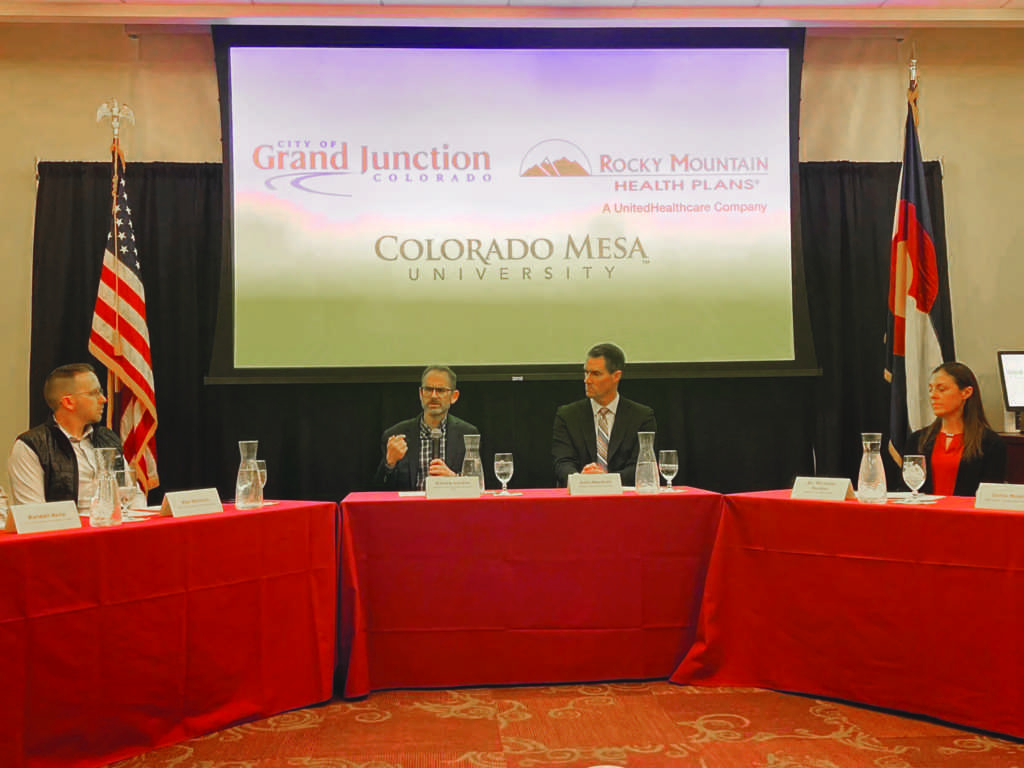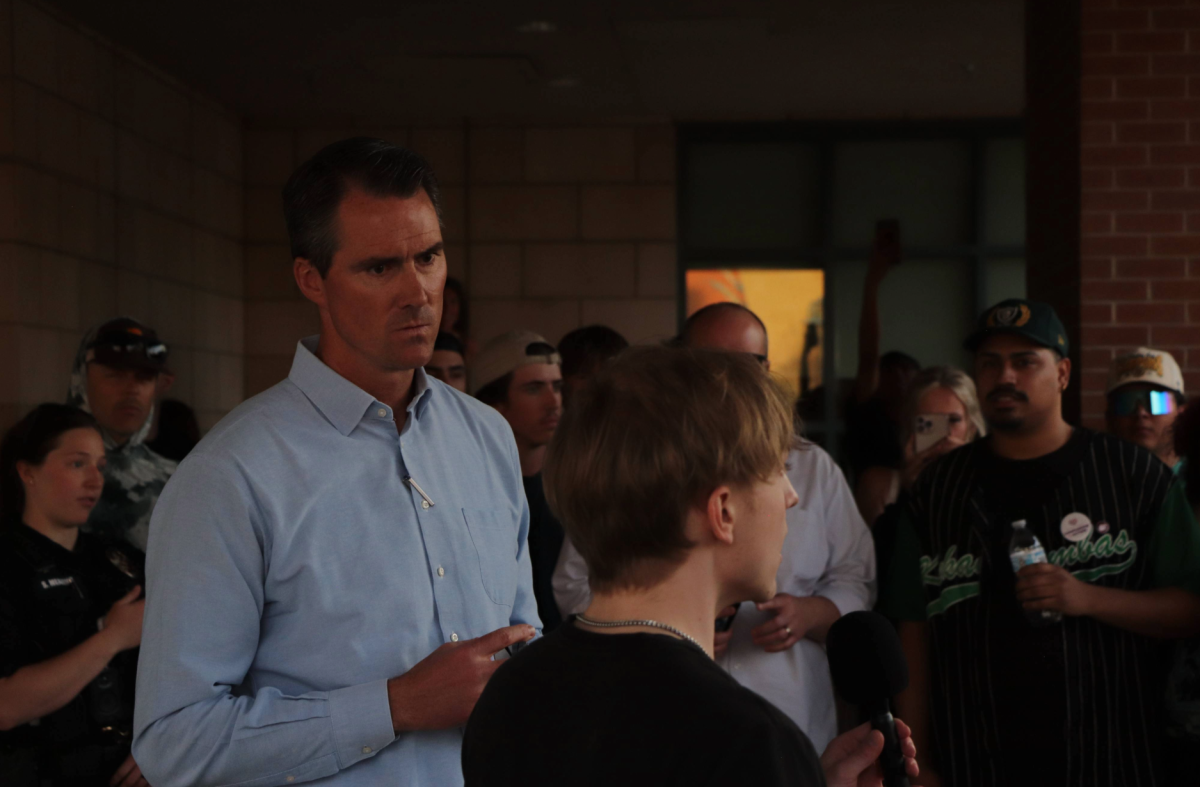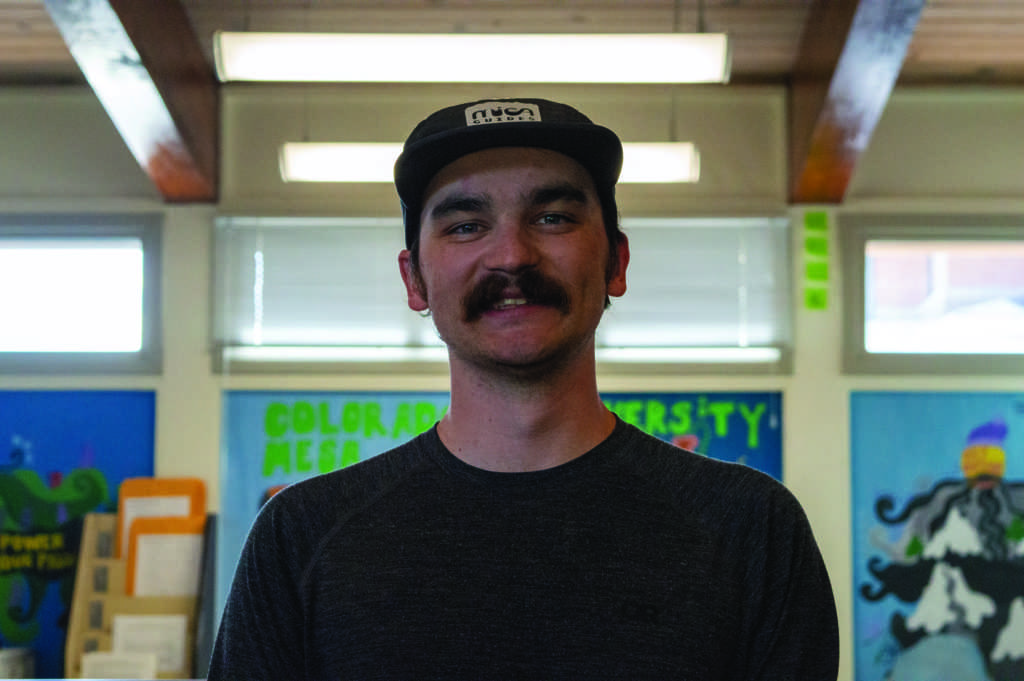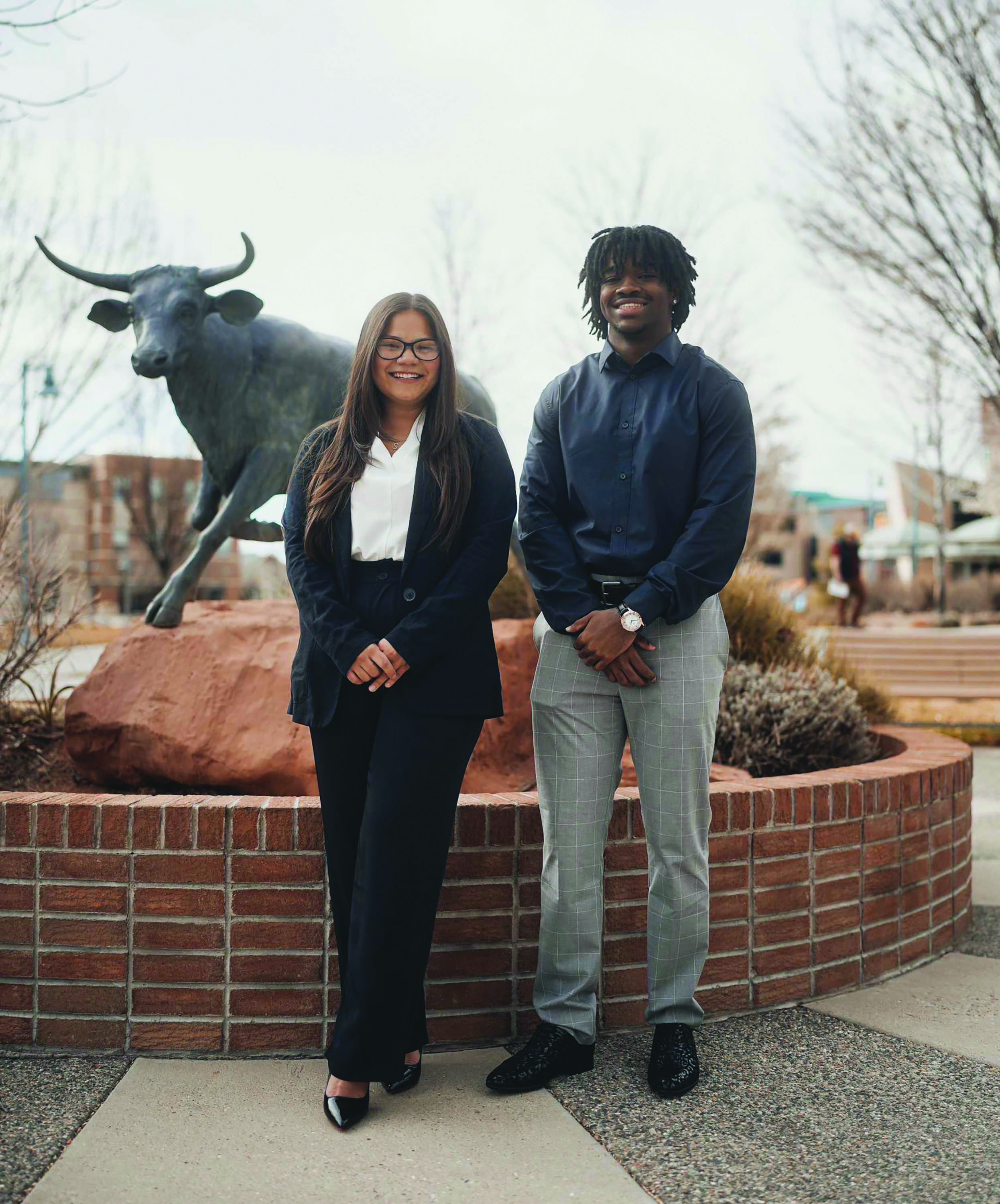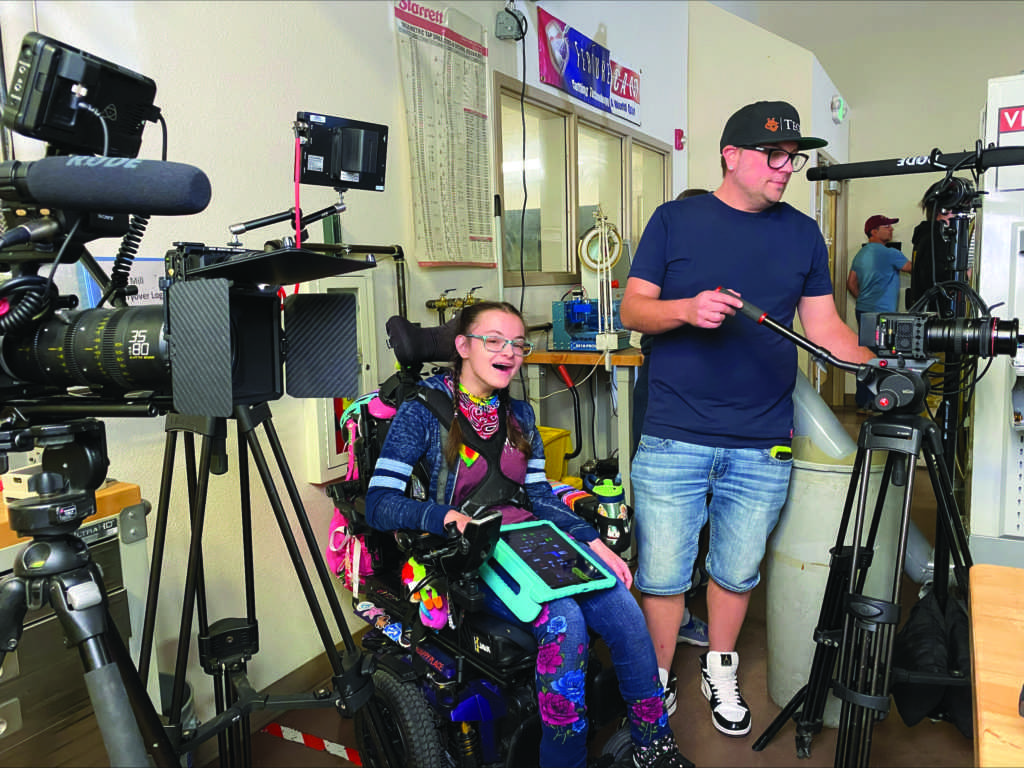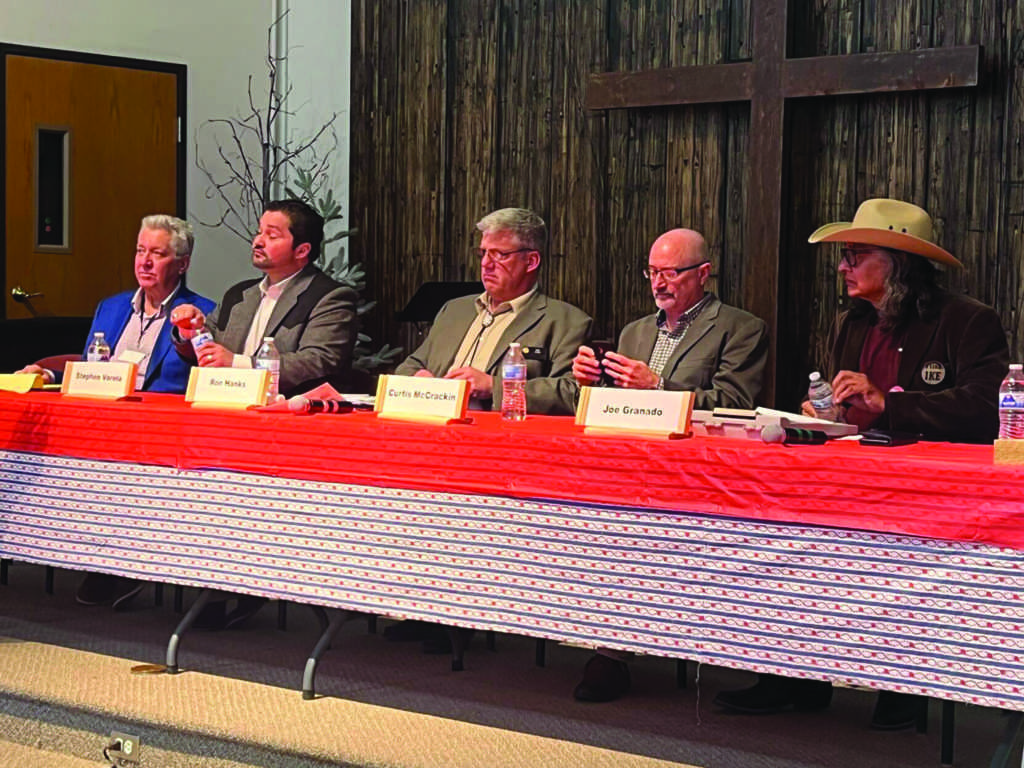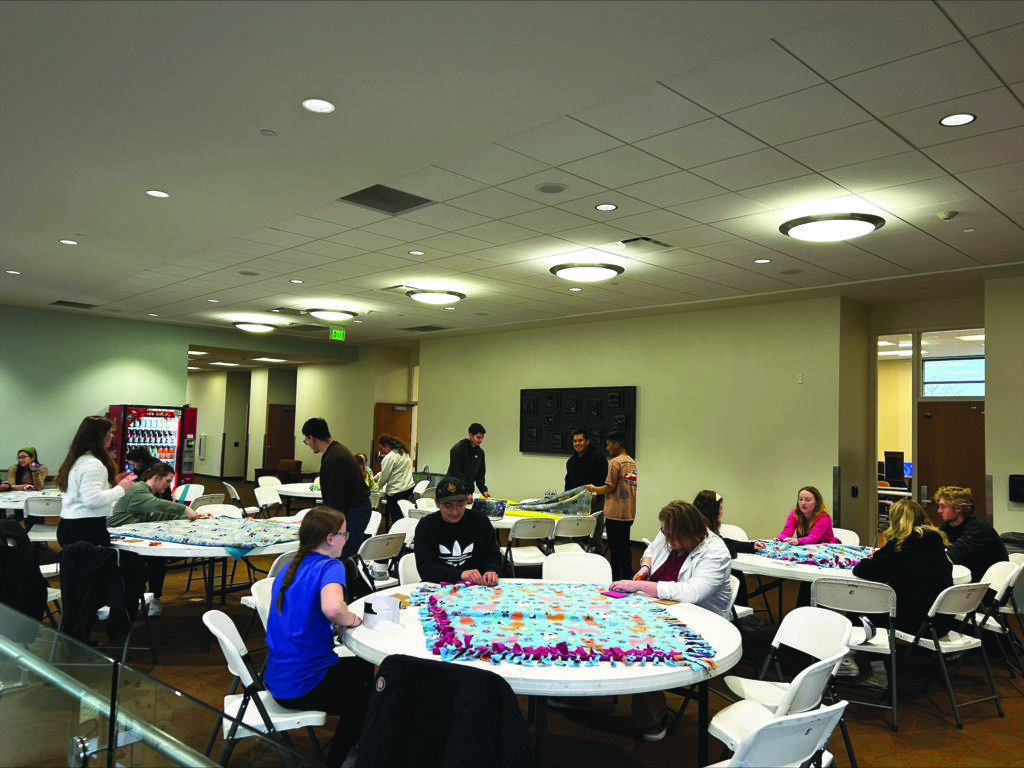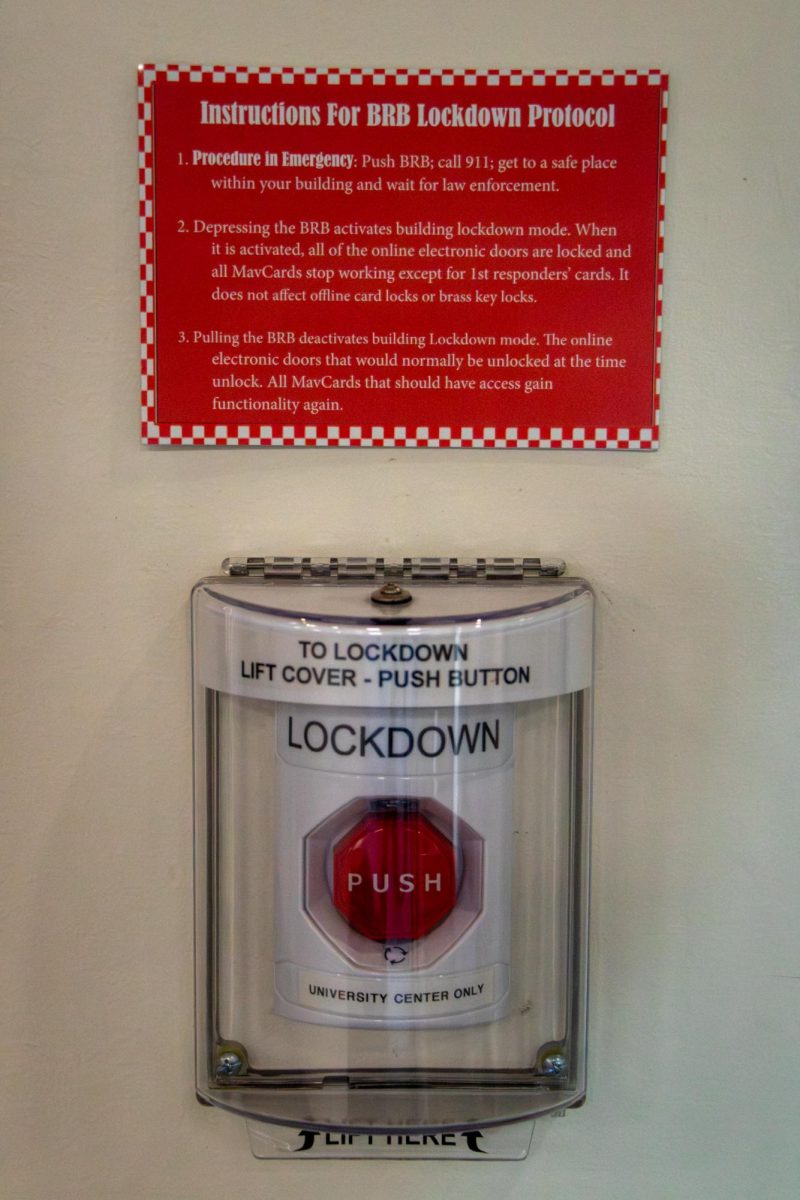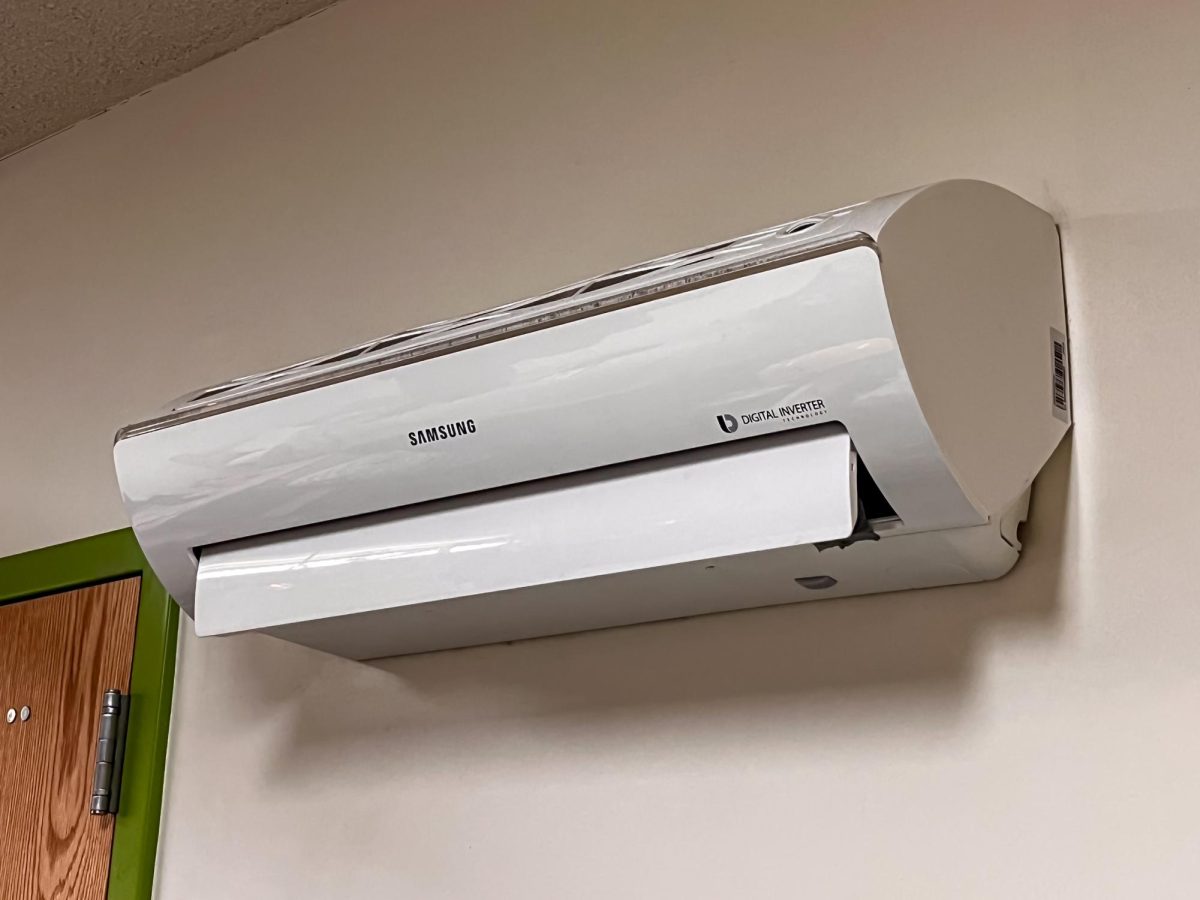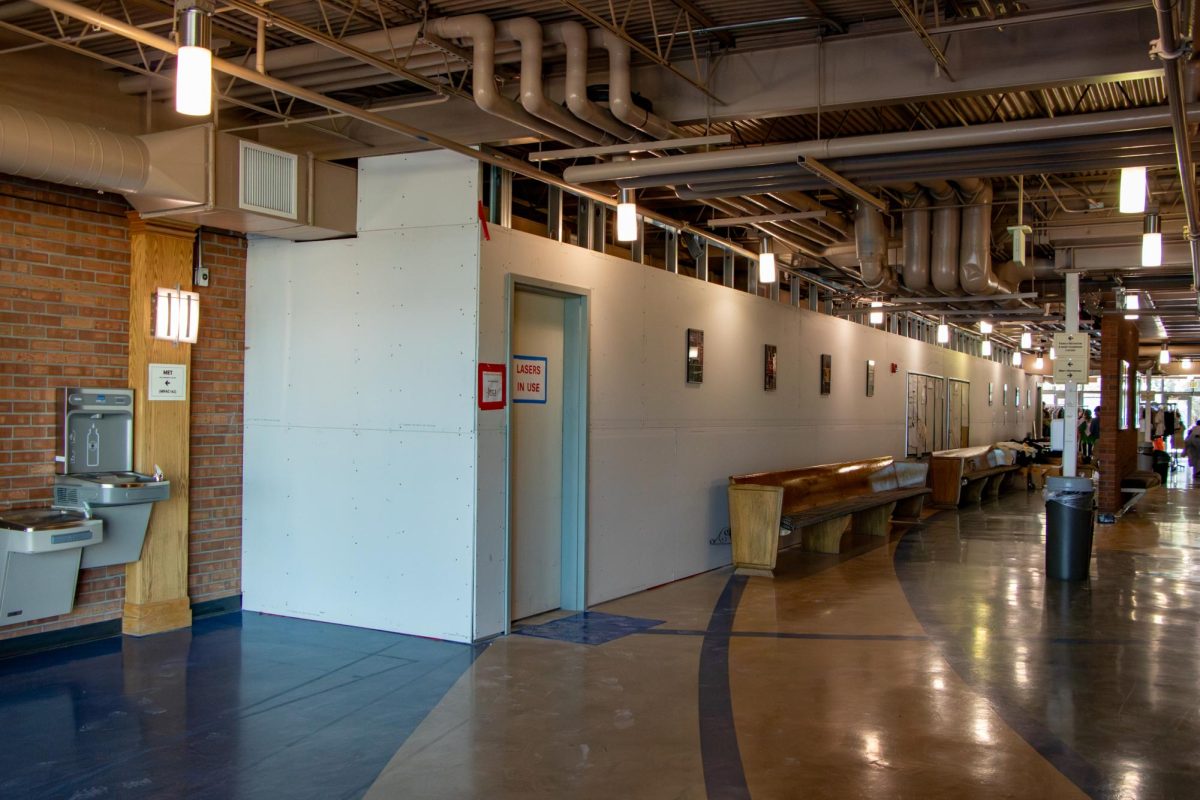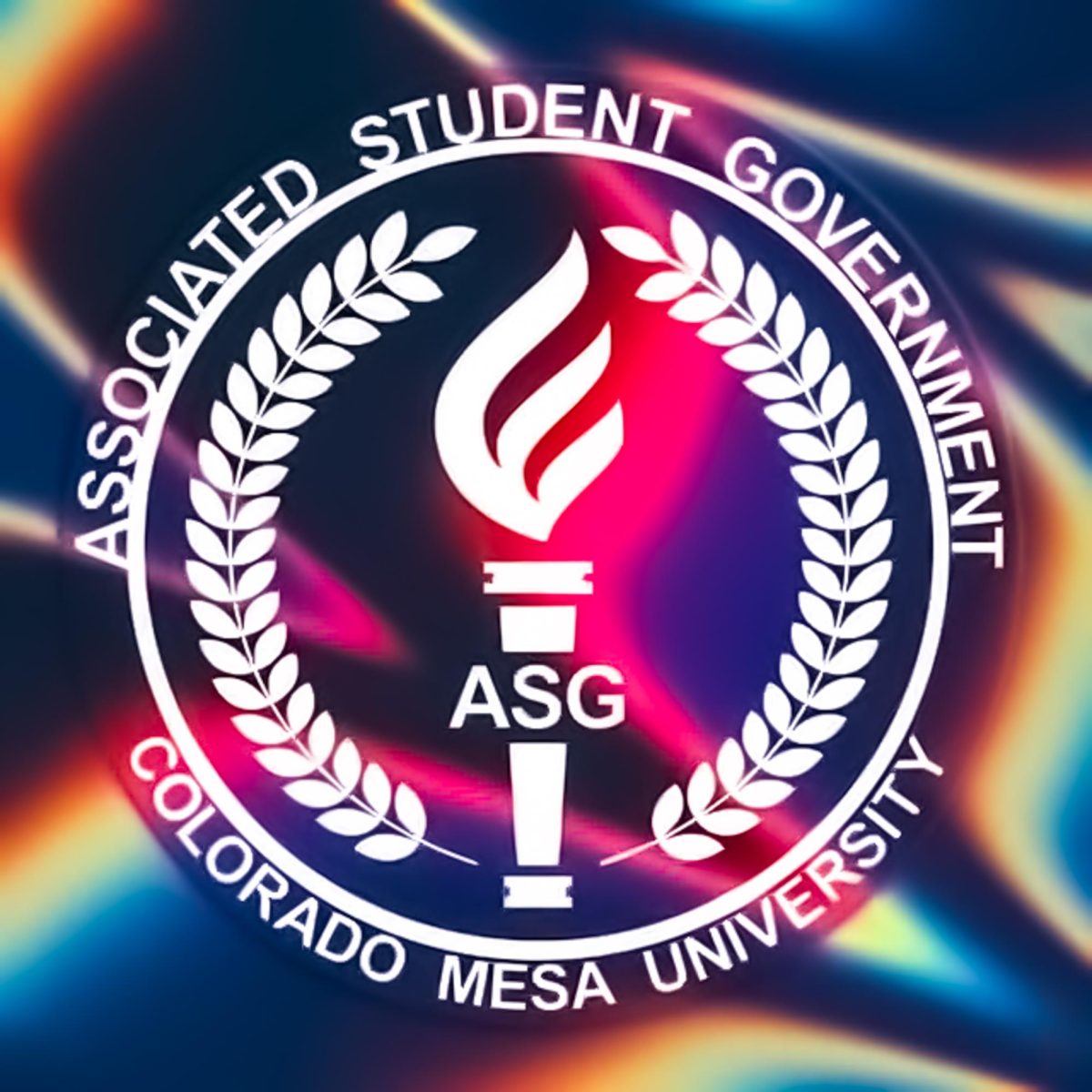CMU and local health care company hope to bring broader access to resources on the Western Slope
Mesa County, the City of Grand Junction and Rocky Mountain Health Plans (RMHP) have each made one-time donations of $500,000 to Colorado Mesa University (CMU) in an attempt to intervene with the mental health crisis in the Grand Valley.
This fund will be used to reimburse student loans for students graduating from the Masters in Social Work (MSW) program who commit to staying in Grand Junction.
“Lack of connection and loneliness are key factors,” wrote City Councilor Abe Herman on the state of mental health in the city. “The things that most likely separate us from the rest of the state are socioeconomic and educational disadvantages. There are many people in our community who are struggling to make ends meet, and our median income is significantly lower than the rest of the state.”
Mesa County has seen an increase in suicide rates every year since 2018, according to a 2022 report by Mesa County Public Health. Suicide rates in the county are higher than the state and national average.
By incentivizing MSW students to stay in town after graduation, the hope is to expand access to community-based resources and address the driving factors for such high rates in the region.
Both the MSW program and the loan repayment were developed by Assistant Vice President for Student Success and MSW Program Director Dr. Michelle Sunkel. She says she is committed to developing a robust and diverse social work program at CMU and retaining as many graduates as possible to serve the Western Slope.
“I think it’s more about the community, about our society, about our president and vice president speaking about what we need in this community. About the community saying ‘we need more social workers,’” said Sunkel. “We need this.”
She identified significant gaps in resources, the rural demographic and even the higher elevation as contributing factors to such comparatively poor mental health in the region.
“If we have more clinicians doing preventative work, we won’t have to meet people in the high level of crisis,” said Sunkel.
She says prevention, accessibility and intervention are the core of the program and the field of social work.
The MSW degree at CMU is only two years old. There are 36 students are currently in various stages of their degree. The first cohort of students is set to graduate this spring and those who wish to remain in Grand Junction can apply for this program. Eight students will be selected in the first year but that will increase to ten in following years.
Once selected, the students must meet and maintain a set of criteria to qualify for the repayment program which disburses $10,000 annually over three years. The first year disbursement occurs upon graduation of the MSW program. The second and third year disbursements are contingent upon passing social work licensing exams and accruing a minimum number of clinical and supervision hours.
“I think it is a fantastic opportunity to hold the door open to people who want to enter into the field but need that assistance,” said MSW graduate student Jeromy Ozaeta.
Ozaeta is one of the twenty students lining up in May to graduate from this program. Currently, he’s completing his internship in Grand Junction at Hilltop Community Resources.
“I have lived here since 2001 and plan to stay in the area for the foreseeable future,” said Ozaeta. “The Grand Valley deserves clinicians who are qualified not only to do difficult work but also those who want to be part of the community to be able to make a meaningful and lasting impact.”
Ozaeta agreed with Sunkel and City Councillor Herman that this region has critical gaps in mental health resources across all demographics.
“It gives hope to the community that these gaps are being acknowledged and addressed. It is also a financial investment in the community as a whole, as prevention now can help save taxpayers money in the future.”
For Ozaeta, this repayment opportunity means peace of mind. With the rapid rise in inflation and the high cost of living in Colorado, this would give him and his family financial breathing room.
“Any financial support would be a blessing and give us a chance to meet our needs and build on our future.”
This program does not extend outside of the City of Grand Junction. However, there is funding that comes from a state-level grant to serve the entire Western Slope. The Denver Foundation and the Colorado Health Access Fund have awarded CMU and the MSW program $1 million to incentivize graduate retainment for the entire western region.
This separate program pays special attention to addressing diversity, equity and inclusion gaps within the region. Preference is given to applicants that represent marginalized demographics including but not limited to LGBTQIA+, BIPOC and those who learned English as a second language.
“How do we become more culturally appropriate to respond to whatever our client’s needs are and do it in a way that is uplifting and supportive to the community need? Not our need, not our world view, but really from an anti-racist perspective,” said Sunkel.
The program offers full tuition coverage for the duration of the qualifying student’s masters program. The student must first apply and if funded, they are required to remain in Western Colorado for as many years as they received the scholarship.
Currently, the MSW program only operates on one- and two-year programs. The Bachelor of Social Work (BSM) acts as a complement to the MSW and facilitates the faster one-year track.
Undergraduate students interested in joining the program should declare a pre-social work major before applying to the BSM, however it does not guarantee admittance. Currently, only 25 students are accepted each year into it.
This collective support from all sides has the potential to demonstrate how effective bolstering the social work field can be for communities struggling with mental health access. There is nothing to stop a student from leaving after they have completed their time commitment, but those funding the programs don’t see it that way.
“Our hope is that during that time they’ll lay down roots, eventually becoming long-term residents continuing that provision of mental health care services in our community for many years to come,” said Herman.
If you or someone you know is struggling with their mental health, CMU offers a wide variety of direct services for students. Call 970-644-3740 ext. 4 to set up a counseling session for only $10 today. Anyone can contact the Mesa County CRISIS text line by texting CO to 741741. The National Suicide Prevention Lifeline is 1-800-273-TALK.



